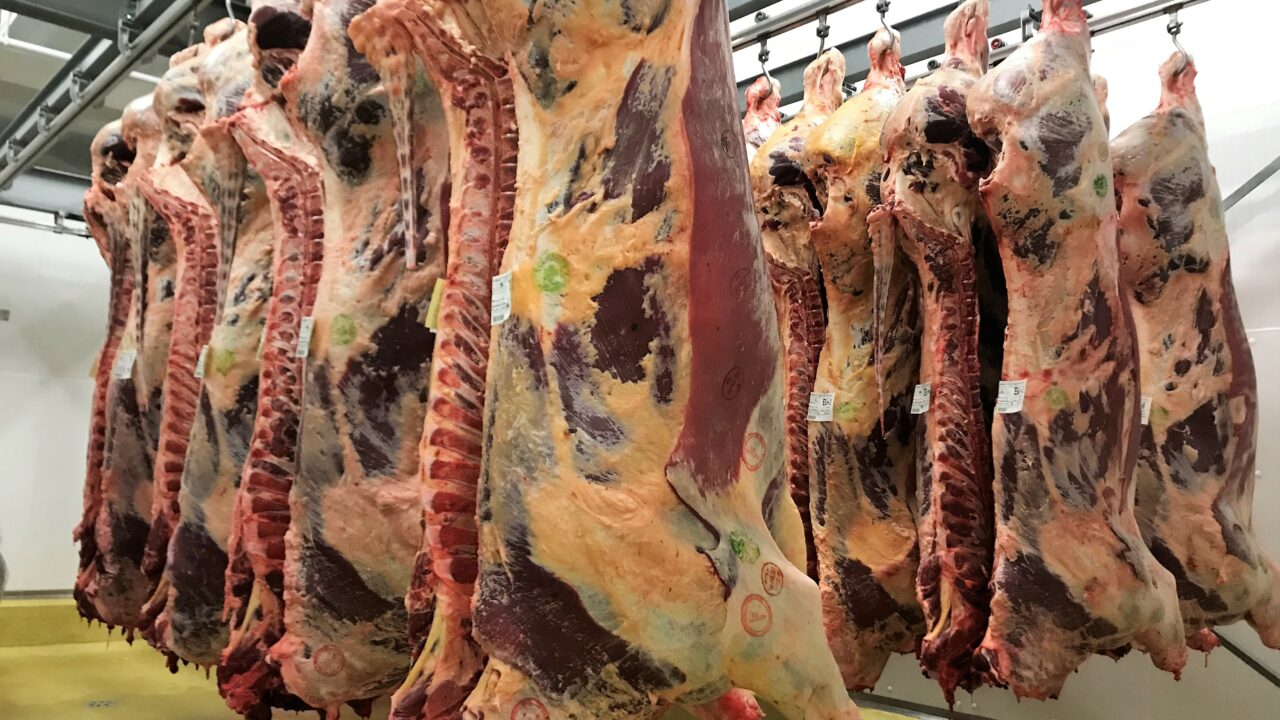Irish beef exports to China have been temporarily suspended due to the recent discovery of atypical BSE in a cow in Co. Tipperary earlier this month.
In a statement this morning, Wednesday, May 27, the Department of Agriculture, Food and the Marine said:
“On Thursday, May 14, the Department of Agriculture, Food and the Marine confirmed that it has identified a case of ‘atypical BSE’ in a 14-year-old cow.”
“Ireland’s BSE controls are effective and consistent with legal requirements and best international practice,” the statement continued.
“These standards are recognised by the OIE [World Organisation for Animal Health] and are the basis on which Irish beef is exported to some 70 countries worldwide.
“It is testament to these controls that this suspect BSE case was identified; a demonstrable proof that our food safety controls work.”
The OIE has determined that the incidence of atypical BSE is not considered in determining a country’s BSE risk status. The discovery of a rare atypical case, therefore, does not affect Ireland’s current OIE ‘controlled risk’ status nor our progress towards ‘negligible risk’ status.
On a temporary basis, and in line with the specific protocol agreed with the Chinese authorities, Ireland has voluntarily suspended beef exports to China as and from May 22, until an epidemiological report is finalised and discussed with the Chinese authorities.
There are no public health risks associated with this occurrence, the department assured.
Atypical BSE discovery
Earlier this month, on Thursday, May 14, the Department of Agriculture, Food and the Marine confirmed that it has identified a case of ‘Atypical BSE’ in a 14-year-old cow.
The case was identified through the department’s surveillance of ‘fallen’ animals (died on farm) at knackeries.
The animal tested positive on a screening test carried out at a department approved, accredited private laboratory and was then subject to follow up confirmatory tests at the Department’s Central Veterinary Research Laboratory, a spokesperson for the authority told AgriLand at the time.
